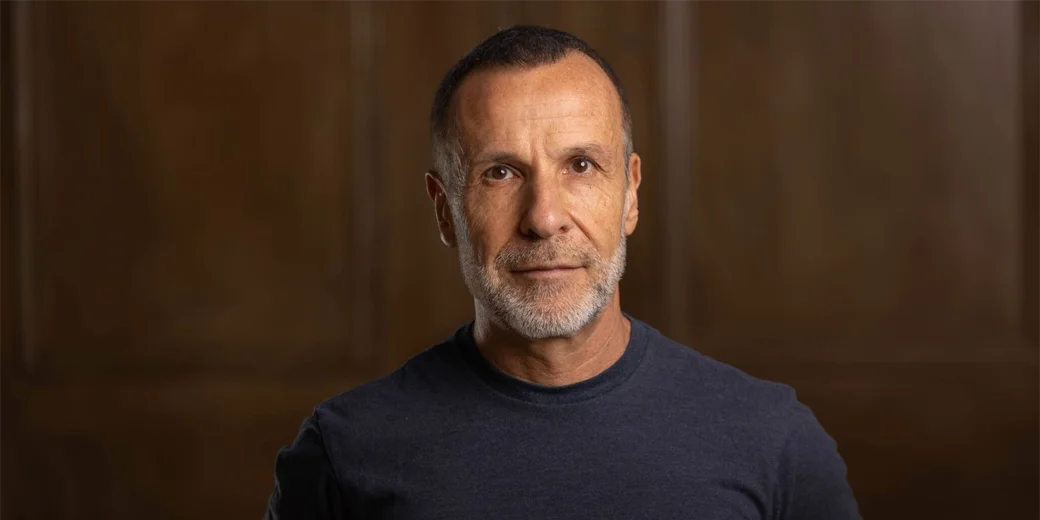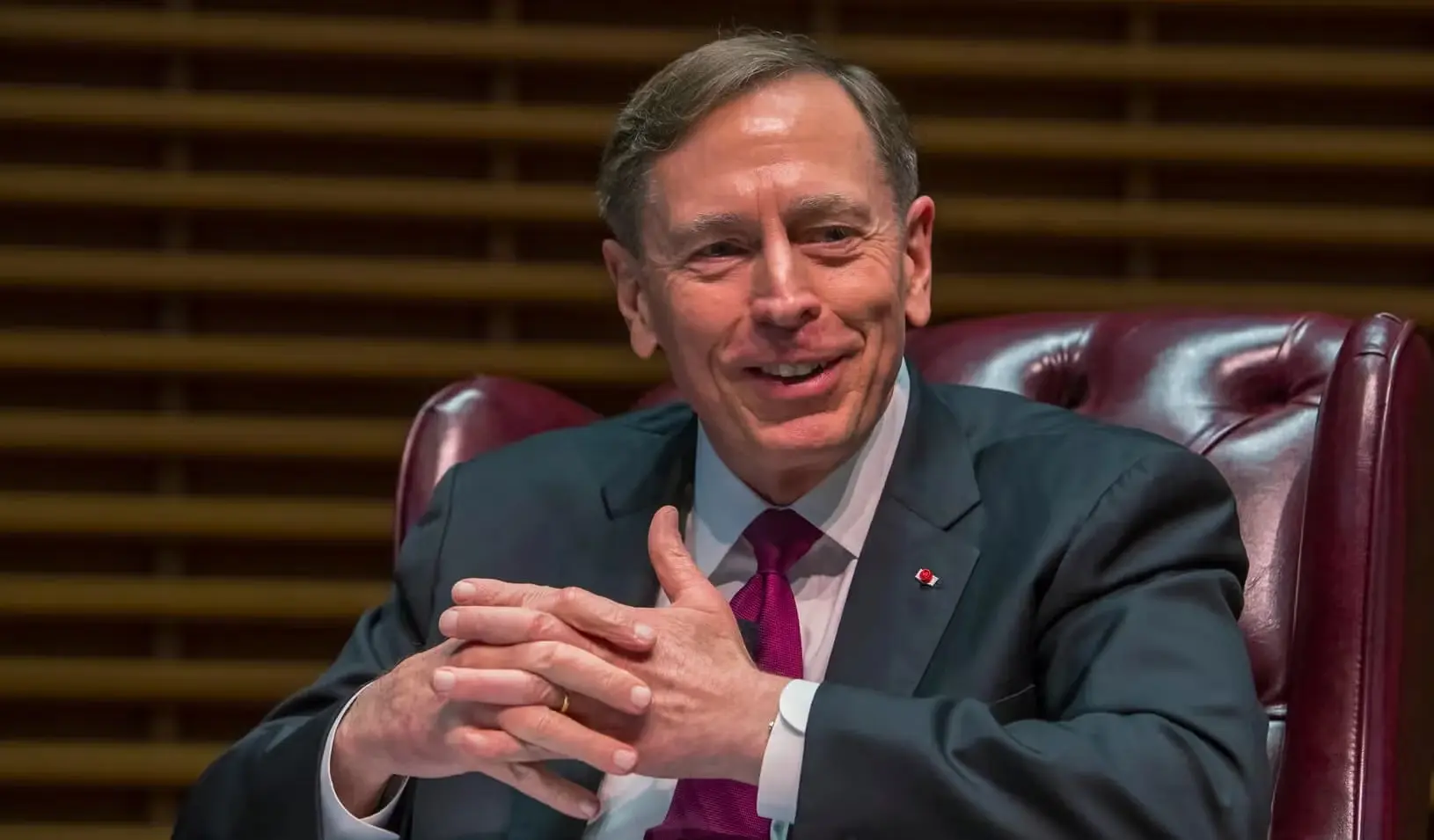*We are now accepting new clients for the 2026-27 cycle! Sign up here.
X
In this podcast, Mike Spivey predicts what to expect as far as the timing of admissions decisions this year, then discusses the preliminary LSAC data that has applicants wondering whether this will be a far more competitive cycle than normal.
You can also listen to this podcast on SoundCloud or Apple Podcasts, or read the transcript below.
Hi, this is Mike Spivey with the Spivey Consulting Group. It's September 28, and the admissions cycle is sort of in full swing. By full swing, I just mean that most schools are accepting applications — I don't think most schools are reading applications yet, and that's the gist of this podcast, which is twofold. First, I'm going to discuss the rate at which I think the cycle will progress. And I want to keep this short — we want to get a transcript up for everyone — but if there's time, I'm going to also discuss the early data and what I think is going to happen with it.
So, the rate of the cycle. I've heard mixed theories, both within my firm — we bounce these emails back and forth — and online. And you can almost "pro/con" it as if you were a dean of admissions; at least that's what I do when I try to make these predictions. Let's look at the, I guess we would say "pros"— well, to me these are "cons" because I always think now as an applicant and not as an admissions dean — so why would the cycle go slowly? Why would the admit rate go slowly? And there's a little bit of evidence of that; I was talking with another admissions consultant, Moshe at Sharper Statements, and we both noted that it looks like the number of admits in September is less than it has been in the last few years. I am certain if you are on a message board it probably doesn't feel like that — every time you see someone say "Admitted to Duke!" it feels like the rate for other people is faster — but if I had to guess, and I think not just me but other people who track this every year, the rate is actually slower right now. So that's one indication.
A second indication is I talk to a lot of law schools every week, and they are still almost in sort of "shell-shock" mode from all the adjustments they had to make this summer. Admissions offices just didn't have to change their admissions protocols, their travel protocols, their recruitment protocols; they often had to chip in and help the school with the entire hybrid model, both remote and in-classroom course models. So they were stressed — not stressed in terms of mental stress, but stressed in terms of resource-stressed — all summer long, and they're just sort of re-gathering from that. Which has them sort of at a, you know, if you're starting to run a lap on the track, they're stating at negative ten yards because of the summer.
But the following reason, I think, is the most compelling. In admissions, you really rely on past data to make forward-looking decisions, including your pace of admit. One of the things our firm does is we help schools look at their past data to help project the current cycles, so "these are what your targets should be, this is how the cycle is going to progress, based on our analysis of the past year's data." The problem with last year's data — and you've probably seen our blog, hopefully you've seen our blog on this — is it was inconsistent with any of the previous 20 years of data. There was a late surge due to COVID, and changes to LSAC's policies, the LSAT itself, the number of LSAT takes you could take, the option of seeing your LSAT score... there were so many one-time — and I hate absolutes but probably only one-shot — changes last cycle, that last-cycle data is not very predictive for this-cycle data, and that tends to have law schools go slowly.
If you've seen the early LSAC data release, I'm sure law schools right now are excited, but in some sense they might be more cautious, because if LSAC is going to release the data incredibly early and it's not comparative to any data we've seen from last year, then those numbers — if we know this, admissions offices know this too — the numbers are incomparable, and certainly look inflated to us. So for those two reasons, specifically the third reason, one could see the cycle going slowly.
There are a couple of reasons one might think it might go faster, though, as far as admissions decisions. There are two primary drivers to this — one is admissions officers aren't traveling. If the digital forum keeps shutting down, they're not even doing that, but the digital forum is just half a day in the life. Admissions travel, which is what I used to do back when I was in admissions and what current admissions officers did every year but this year, is September/October/November, you are on the road. You're flying from school to school. It is an incredible amount of travel in a three-month period. To put it in sort of admissions terms, you rack up Marriott rewards points and Southwest Airlines mileage points. So you're on the road every week, and because of that, file reading gets built up toward December. This is why we've talked long and hard about "get your applications in before Thanksgiving and they're early" — because for most schools, only a tiny fraction of applications are read in the September/October/November period. Well they're not traveling, so they need to fill that time void with something.
In fact, if I were a dean of admissions today, and I saw that Harvard slowed pace, and let's say I was a competitor with Harvard, I would say "Here's an opportunity, a competitive opportunity, for us to read and render decisions early. We're not traveling. Some schools are going to go slower, so why don't we make a number of decisions early, get people admitted, get them excited about their school, and do some sort of virtual admitted students' day?" That's literally how I would do admissions right now if I were to switch to the admissions side of things... which maybe I will, so maybe next year I'll be speaking as a dean of admissions somewhere.
The points being this. There are no definites in this prediction. If I had to guess based on what we've seen with the data as far as admissions so far, what we've seen as far as how admissions offices respond to incoherent data — the data last year, for lack of a better word, was incoherent, so here's my prediction — I think this is going to be a slow cycle. So for 80% of applicants, it's going to go slower than past cycles, but for almost all applicants it's not going to feel like that because you'll see the small outliers and data points on message boards and, you know, like myLSN, and it'll seem like other people are getting admitted too rapidly relative to you. So I would say, hopefully in this sense this is calming, because if you feel like other people are getting admitted and you're not, that's going to be the vast majority of applicants early this cycle. If I had to guess, I think we're going to see the majority of admitting coming December, January, and February, and maybe a heavy, heavy, heavy waitlist cycle based on the early data.
So let me switch to the early data. Everything looks elevated, but it's going to come down. We predicted over the summer that there are going to be more applications, and that's almost inevitable — even with the low summer LSAT takes people were saying "well you can't make this prediction," but we were pretty confident that there were going to be more applications. There is yet to be any compelling evidence to me that this will be one of the most difficult cycles ever, so I do not believe that. I don't see any evidence. I think those LSAT numbers are going to come way down in the top percentile bandwidths, I think that law schools — the more I talk to them, the more confident I grow — that they are going to grow their class sizes.
There are only three ways that law schools can handle their budget deficits right now, because they're not getting money from central universities by and large anymore. They've been underwritten by central universities ever since the Great Recession. They can cut faculty salaries, they can cut scholarship amounts, or they can increase the class sizes. They're not going to cut faculty salaries; they may do some other fancy navigating to reduce the amount they spend on faculty, but it's not like they're going to take a tenured faculty member's salary and reduce that. I think this cycle's applicants may have hit the one year where law schools still come over-budget on scholarships. This might be the best takeaway from this podcast. In other words, they may be given $6 million to give out, and they actually end up matriculating a class with $9 million worth of merit aid, and then they're going to get bashed by their central universities, and next year they're going to really clamp down on scholarships. So maybe/maybe not, but I don't think the scholarship reduction is going to be steep this year; I think that's actually for next cycle applicants. The third way to do it: increase class sizes, and it seems like that might be the direction law schools are trending. To be determined. We're going to follow the data. I think around mid-October/November, the data is going to start coming down, and we'll have a better idea because it'll be a higher percentage of the applicant pool.
So this was a pretty quick podcast. We will get the transcript up. I hope this was helpful — this is Mike Spivey at the Spivey Consulting Group.


In this episode of Status Check with Spivey, Dr. Guy Winch returns to the podcast for a conversation about his new book, Mind Over Grind: How to Break Free When Work Hijacks Your Life. They discuss burnout (especially for those in school or their early career), how society glorifies overworking even when it doesn’t lead to better outcomes (5:53), the difference between rumination and valuable self-analysis (11:02), the question Dr. Winch asks patients who are struggling with work-life balance that you can ask yourself (17:58), how to reduce the stress of the waiting process in admissions and the job search (24:36), and more.
Dr. Winch is a prominent psychologist, speaker, and author whose TED Talks on emotional well-being have over 35 million combined views. He has a podcast with co-host Lori Gottlieb, Dear Therapists. Dr. Winch’s new book, Mind Over Grind: How to Break Free When Work Hijacks Your Life, is out today!
Our last episode with Dr. Winch, “Dr. Guy Winch on Handling Rejection (& Waiting) in Admissions,” is here.
You can listen and subscribe to Status Check with Spivey on Apple Podcasts, Spotify, and YouTube. You can read a full transcript of this episode with timestamps below.


In this episode of Status Check with Spivey, Mike interviews General David Petraeus, former director of the Central Intelligence Agency and Four-Star General in the United States Army. He is currently a Partner at KKR, Chairman of the KKR Global Institute, and Chairman of KKR Middle East. Prior to joining KKR, General Petraeus served for over 37 years in the U.S. military, culminating in command of U.S. Central Command and command of coalition forces in Afghanistan. Following retirement from the military and after Senate confirmation by a vote of 94-0, he served as Director of the CIA during a period of significant achievements in the global war on terror. General Petraeus graduated with distinction from the U.S. Military Academy and also earned a Ph.D. in international relations and economics from Princeton University.
General Petraeus is currently the Kissinger Fellow at Yale University’s Jackson School. Over the past 20 years, General Petraeus was named one of America’s 25 Best Leaders by U.S. News and World Report, a runner-up for Time magazine’s Person of the Year, the Daily Telegraph Man of the Year, twice a Time 100 selectee, Princeton University’s Madison Medalist, and one of Foreign Policy magazine’s top 100 public intellectuals in three different years. He has also been decorated by 14 foreign countries, and he is believed to be the only person who, while in uniform, threw out the first pitch of a World Series game and did the coin toss for a Super Bowl.
Our discussion centers on leadership at the highest level, early-career leadership, and how to get ahead and succeed in your career. General Petraeus developed four task constructs of leadership based on his vast experience at the highest levels, which can be viewed at Harvard's Belfer Center here. He also references several books on both history and leadership, including:
We talk about how to stand out early in your career in multiple ways, including letters of recommendation and school choice. We end on what truly matters, finding purpose in what you do.
General Petraeus gave us over an hour of his time in his incredibly busy schedule and shared leadership experiences that are truly unique. I hope all of our listeners, so many of whom will become leaders in their careers, have a chance to listen.
-Mike Spivey
You can listen and subscribe to Status Check with Spivey on Apple Podcasts, Spotify, and YouTube. You can read a full transcript with timestamps below.


In this episode of Status Check with Spivey, Anna has an in-depth discussion on law school admissions interviews with two Spivey consultants—Sam Parker, who joined Spivey this past fall from her position as Associate Director of Admissions at Harvard Law School, where she personally interviewed over a thousand applicants; and Paula Gluzman, who, in addition to her experience as Assistant Director of Admissions & Financial Aid at both UCLA Law and the University of Washington Law, has assisted hundreds of law school applicants and students in preparing for interviews as a consultant and law school career services professional. You can learn more about Sam here and Paula here.
Paula, Sam, and Anna talk about how important interviews are in the admissions process (9:45), different types of law school interviews (14:15), advice for group interviews (17:05), what qualities applicants should be trying to showcase in interviews (20:01), categories of interview questions and examples of real law school admissions interview questions (26:01), the trickiest law school admissions interview questions (33:41), a formula for answering questions about failures and mistakes (38:14), a step-by-step process for how to prepare for interviews (46:07), common interview mistakes (55:42), advice for attire and presentation (especially for remote interviews) (1:02:20), good and bad questions to ask at the end of an interview (1:06:16), the funniest things we’ve seen applicants do in interviews (1:10:15), what percentage of applicants we’ve found typically do well in interviews (1:10:45), and more.
Links to Status Check episodes mentioned:
You can listen and subscribe to Status Check with Spivey on Apple Podcasts, Spotify, and YouTube. You can read a full transcript of this episode with timestamps below.